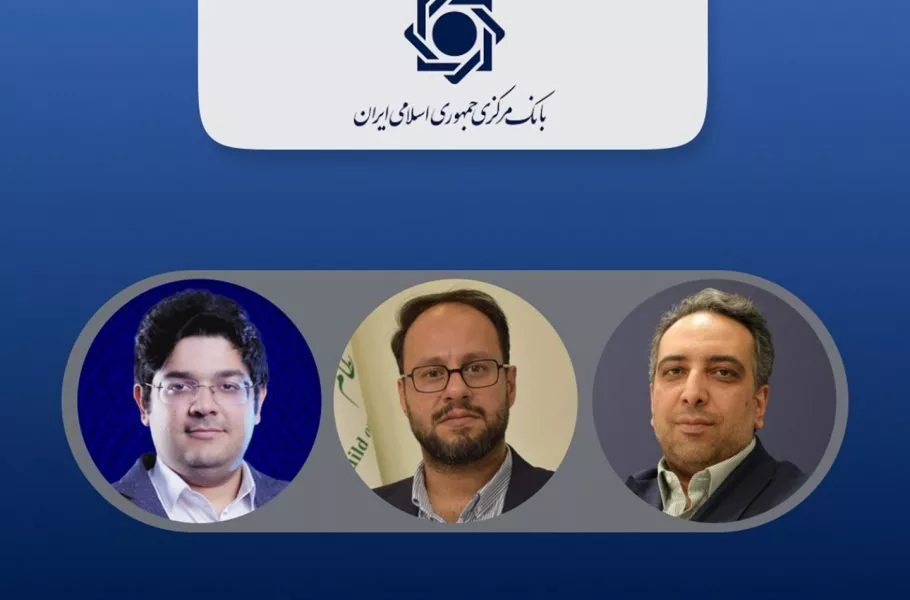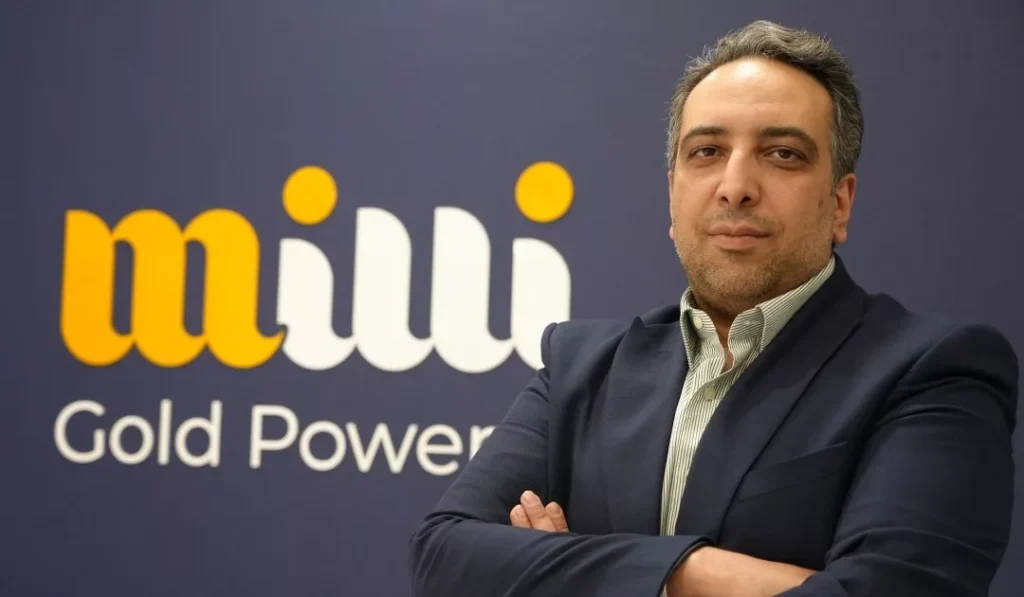
Iran Central Bank Explores Fintech Rules With Industry Leaders
Iran's Central Bank meets fintech leaders to discuss regulation and innovation risks.
A three-hour meeting between Iran's Central Bank and fintech and digital economy activists occurred earlier this week. Digital economy professionals welcomed the direct dialogue with the Central Bank governor, seeing it as a positive step toward cooperation. However, they urged the Central Bank to implement corrective measures based on their criticisms rather than merely overseeing the digital economy while avoiding risks linked to innovation.
During the meeting, the Central Bank governor stressed that innovative activities must operate within legal frameworks. Farzin outlined three key priorities for the bank:
- Combating money laundering.
- Preventing capital outflows from Iran.
- Requiring real purchases on gold platforms before sales to curb speculative trading.
Farzin also insisted that all fintech entities provide their information to the Central Bank to enhance oversight.
Industry Calls for Regulatory Risk-Taking
Without journalists present at the session, the official account from the Central Bank was the sole version available. To gain broader insights, interviews were held with fintech managers and industry representatives.
Bardia Ahmadnia, co-founder of Wallex, appreciated the meeting's initiative but noted challenges: "This was the first time digital economy stakeholders, especially in fintech and crypto sectors, sat with the Central Bank governor. Concerns were aired and challenges discussed, but I believe there’s no turning back in [the bank’s decisions]."

Ahmadnia argued that rigid regulations hinder digital economy growth: "A 24/7 market is essential for the digital economy. Restricting crypto activities through stringent rules stifles progress." He added that regulators must accept innovation-related risks, rather than shifting them entirely to platforms while maintaining strict oversight.
Hope for Better Collaboration
Abbas Ashtiani, head of Nasr Organization’s Blockchain Commission, described the meeting as "the Central Bank’s first serious step toward addressing private sector concerns." He emphasized the evolving outlook of the bank and urged reassessment of its approach: "Global trends demand that Iran’s Central Bank adapt its strategies for fostering digital economy growth."

Ashtiani stressed forming specialized working groups and committees for sectors like blockchain and expressed hope that private sector representatives would be involved. He concluded by stating that while discussions are positive, tangible action is required to measure success.
Transparency Builds Trust
Mostafa Akrami, CEO of Milli Online Gold Trading Platform, viewed the meeting positively: "The fact that this dialogue took place shows hope for mutual understanding." Akrami highlighted how compliant platforms like Milli have already addressed key concerns raised by the Central Bank.
He detailed Milli’s operations, emphasizing transparency: "Over 14 tons of gold have been traded through Milli, with more than 250 kilograms physically delivered without complaints regarding quality or authenticity." Akrami believes such transparency sets digital platforms apart from traditional markets.

Regarding continuous transaction timing, Akrami noted that global gold markets operate uninterrupted to meet demand outside business hours. He said over 65% of Milli’s transactions occur beyond standard working hours, aligning fully with global rates without disruptions.
Akrami concluded: "These dialogues can foster trust and stability in Iran’s digital economy. Policymakers and private sector actors must collaborate consistently to establish a successful model for cooperation."
The Central Bank’s willingness to engage with fintech activists marks a positive step for Iran's digital economy. The private sector supports collaboration but calls for regulatory risk-taking to unlock its full potential.












